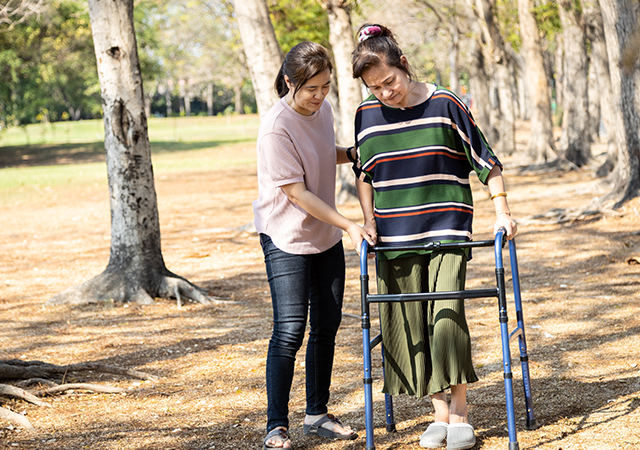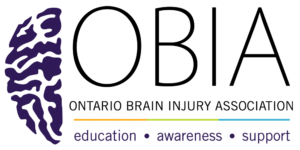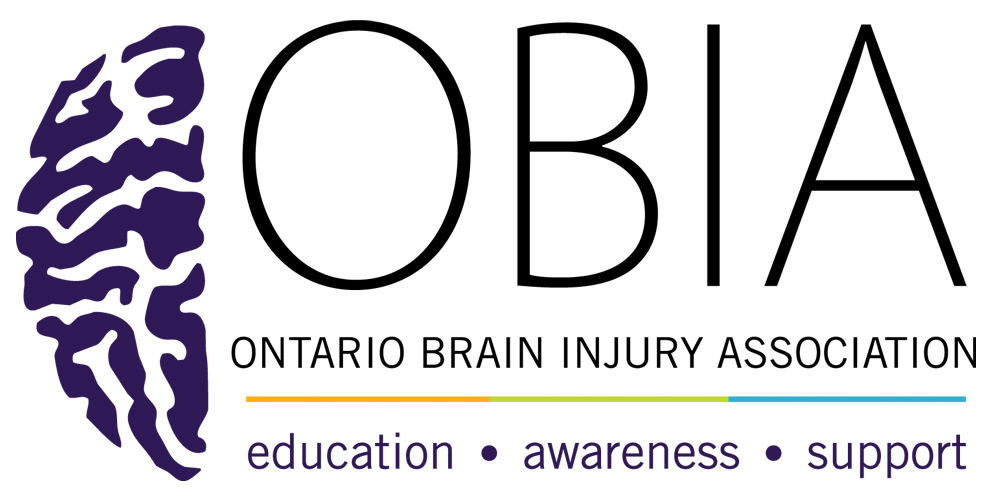Learn about Acquired Brain Injury
ONLINE BRAIN BASICS TRAINING PROGRAM.
The Online Brain Basics Training Program is designed to provide frontline Health Care Workers, Caregivers and others with a readily understandable introduction to the world of brain injury.

About the Program
Acquired brain injury is a complex injury, and it is not possible to present a list of dos and don’ts that work for everyone. This program will guide participants through a series of modules that will provide an understanding and appreciation for the complex nature of brain injuries. It will also teach practical strategies that can be used to manage the challenges a person may experience following brain injury.
Goals
The goals of the Brain Basics Training Program are to help participants:
- Understand the structure and function of the brain.
- Appreciate the consequences of an acquired brain injury.
- Acquire practical strategies to work effectively with people living with physical, cognitive, behavioural and emotional effects of acquired brain injury.
- Understand the roles of the various people who form the team responsible for the person’s recovery and well-being.

Module 1
Introduction to the brain
The brain is the most complex organ in the human body. It controls everything we do and who we are. In this module, you will learn about the brain's basic structures and functions to better understand how a brain injury can impact a person.
Module 2
ABI Types and Causes
Acquired brain injury is a complex injury affecting a person's cognitive, physical, behavioural and emotional functioning. This module guides you through an introduction to acquired brain injury or ABI. You will cover the types, causes and possible complications of ABI and receive a brief introduction to the Glasgow Coma Scale.
Module 3
ABI General Strategies
Module 3 provides an overview of the types of strategies that can help individuals with a brain injury and some tips for developing a positive rapport. Some of the techniques you will cover include cueing and redirection.
Module 4
ABI Consequences and Strategies: Physical
Physical challenges such as chronic pain, fatigue and motor skill impairment are not uncommon following a brain injury. In this module, you will learn about different physical consequences resulting from an acquired brain injury, how to identify these challenges and strategies to help lessen them.
Module 5
ABI Consequences and Strategies: Cognitive
Some of the most common challenges following a brain injury are cognitive consequences such as memory impairment, reasoning difficulties and learning dysfunctions. Module 5 will teach you about the different cognitive consequences of an acquired brain injury. A few of the strategies you will cover will help individuals struggling with memory difficulties, communicative disorders, and concentration loss.
Module 6
ABI Consequences and Strategies: Behavioural
Behaviour problems associated with acquired brain injury are not easily identified or understood. Every person is different, requiring a unique approach. This module gives an overview of the most common behavioural and emotional challenges a person may have following an acquired brain injury, such as disinhibition, frustration, and lack of initiation. You will also learn some of the most common strategies for supporting those with a brain injury who experience changes in their behaviour and emotions.
Module 7
Support Roles: Team and Family
The road to recovery following a brain injury can be challenging and is often a lifelong journey. In this module, you will learn about the different recovery stages and the various members that make up the support team. Finally, you will cover important issues to consider when working in a client's home, such as ensuring the safety of you and your client and accurately reporting your client's progress.

